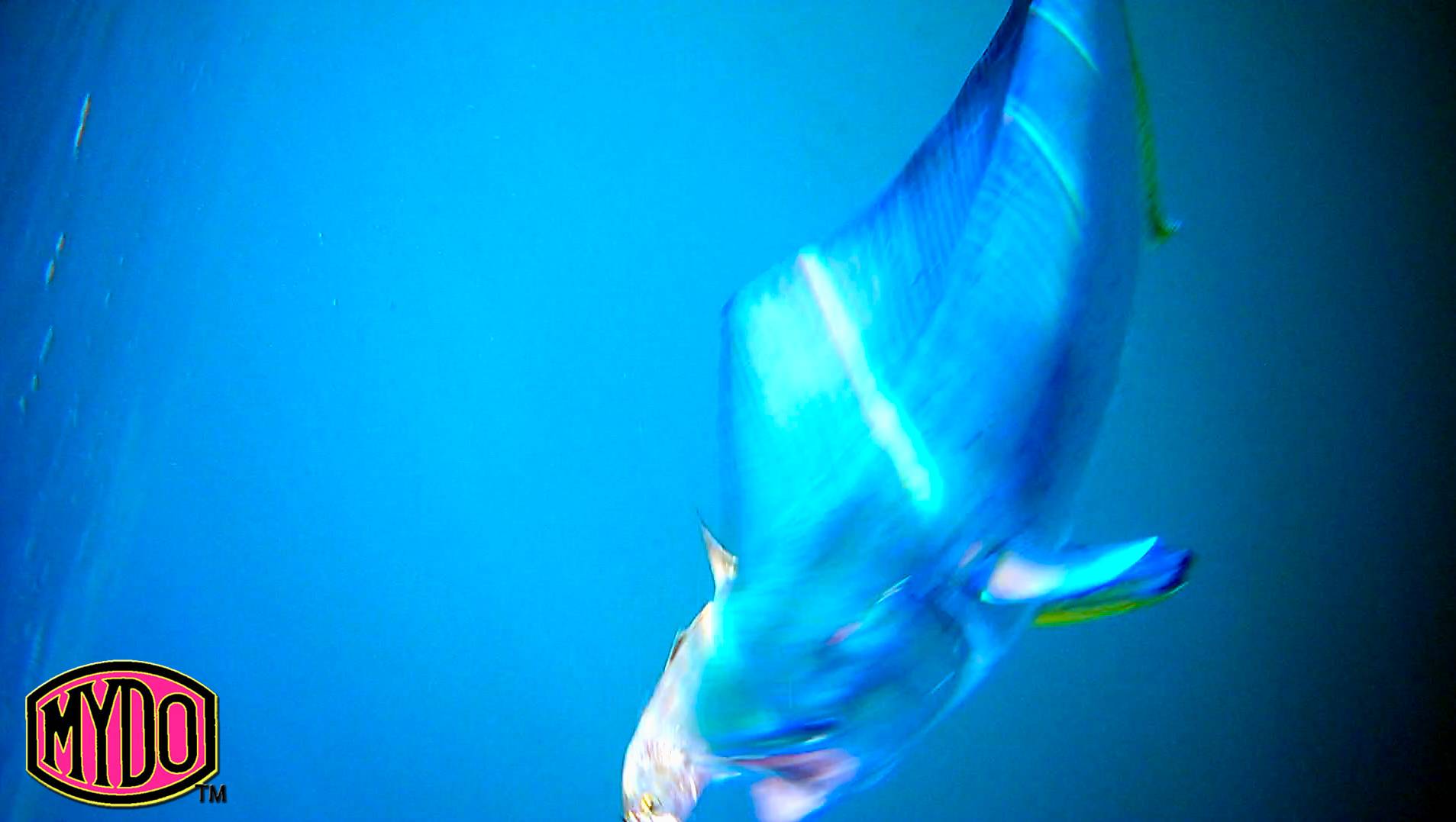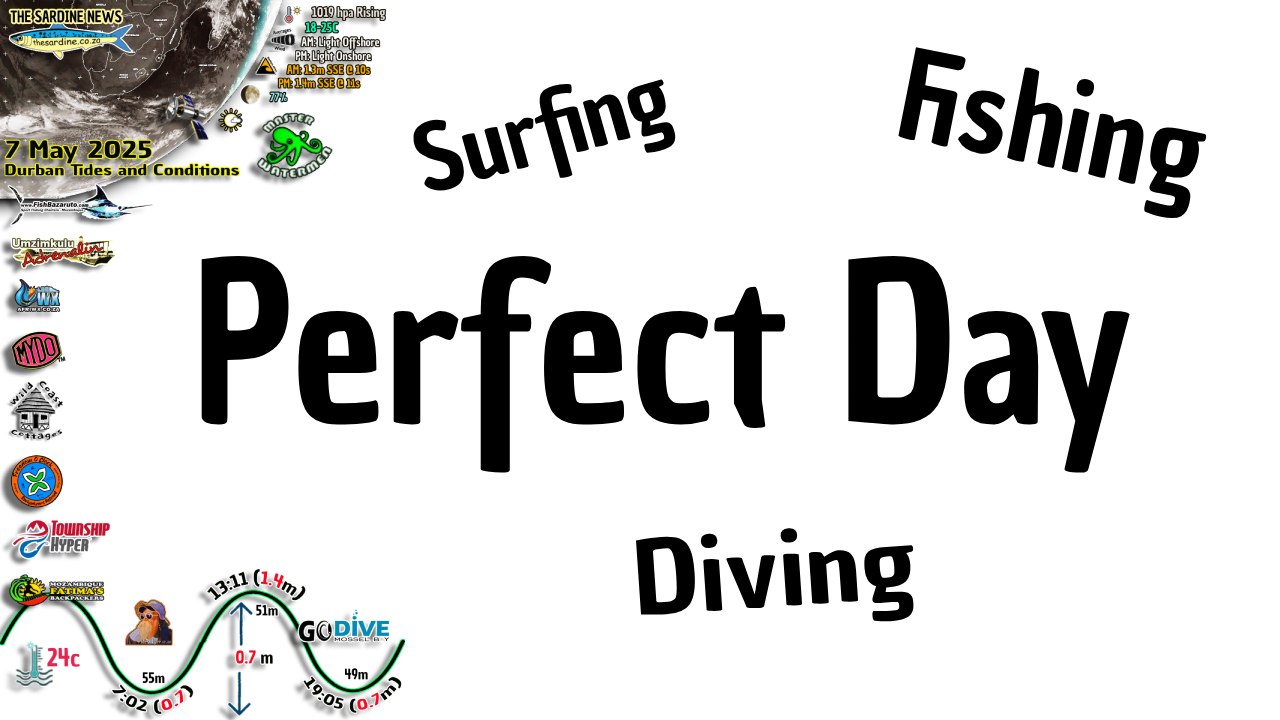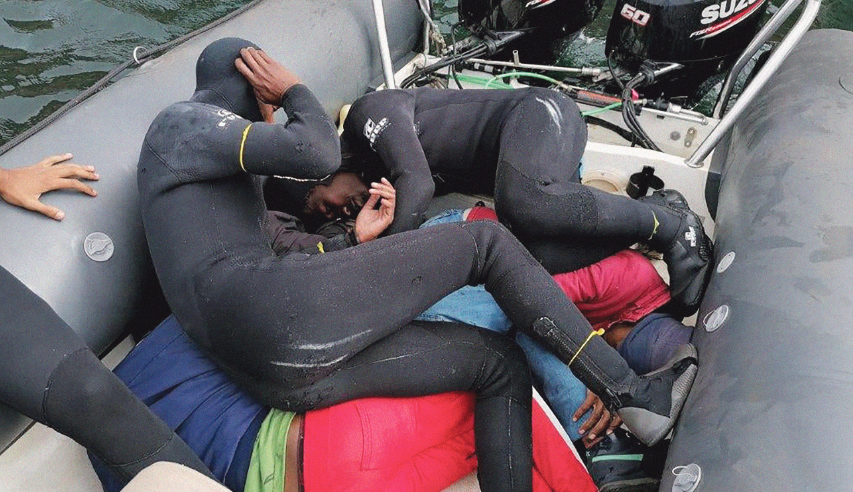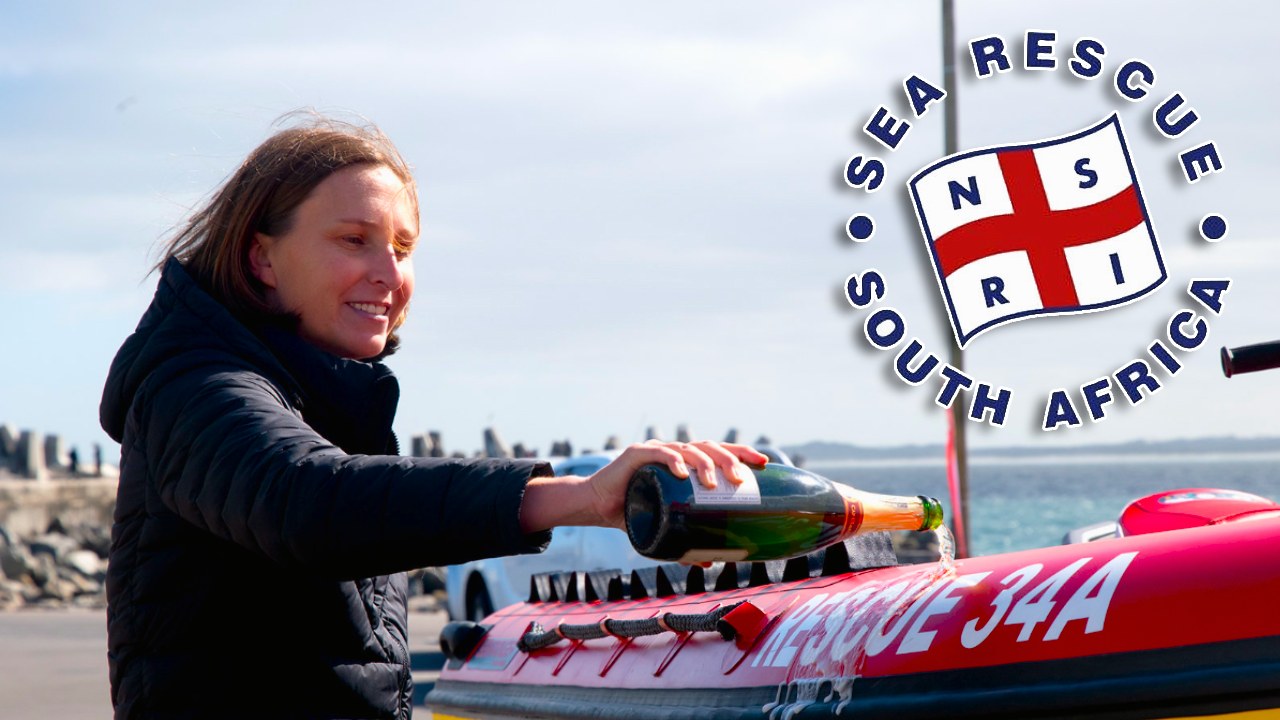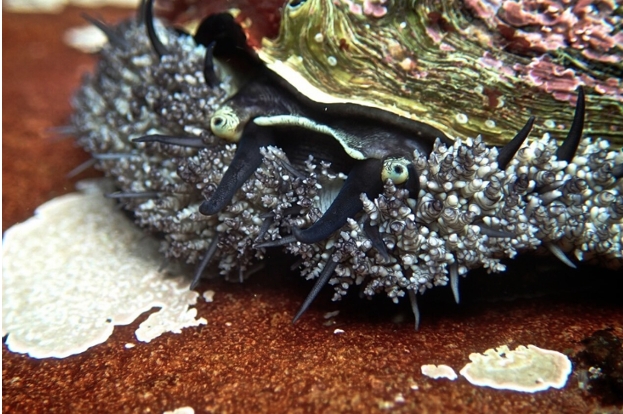It’s Dorado Time again!
It’s Dorado Time again! It’s dorado time again!: as the rains start to form the infamous halocline all along our KZN coastline. In fact, these fish are gonna pop up from Mozambique right into the Eastern Cape and beyond. Right now the factory is busy with a big order for Mydos for dorado time all … Read more

